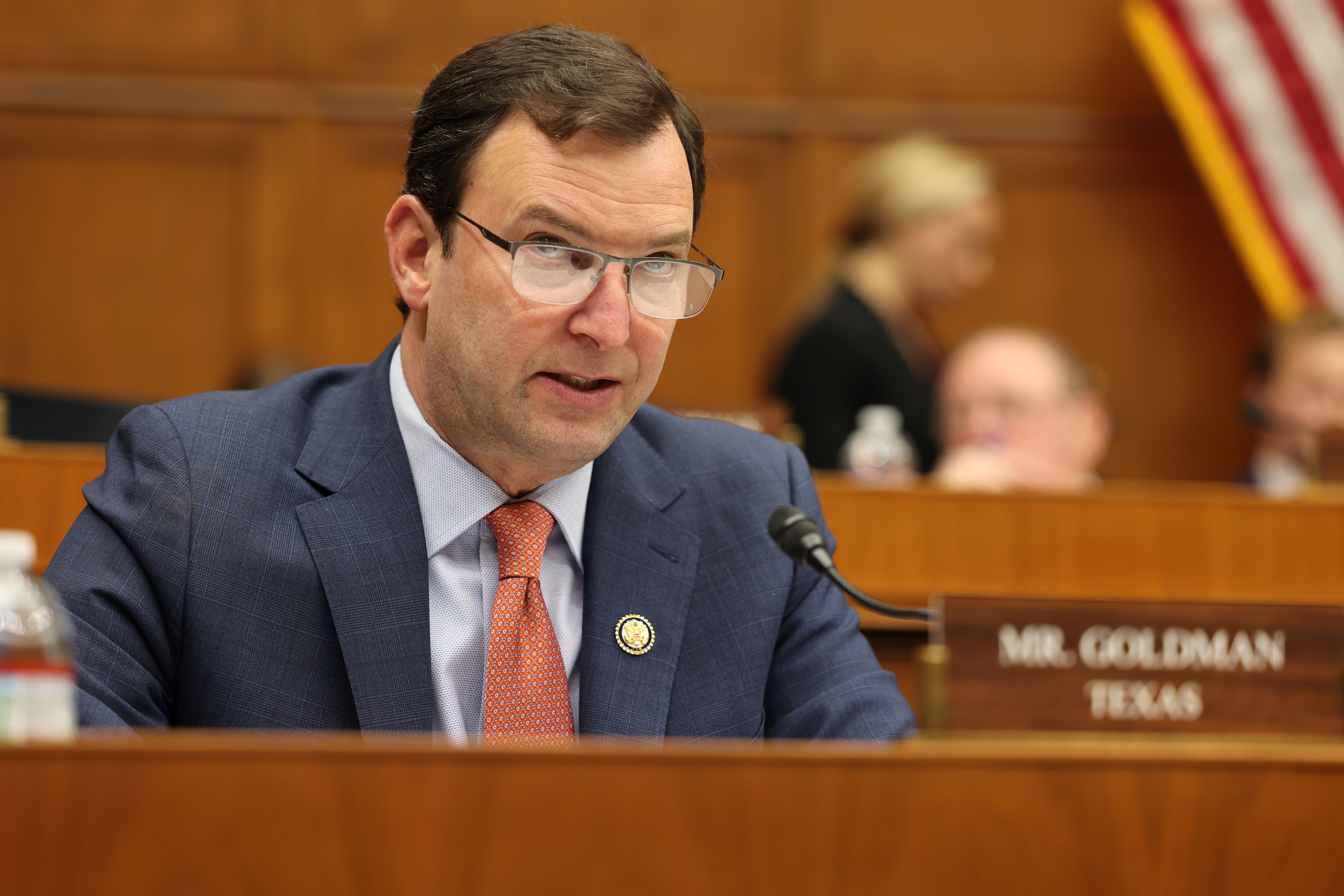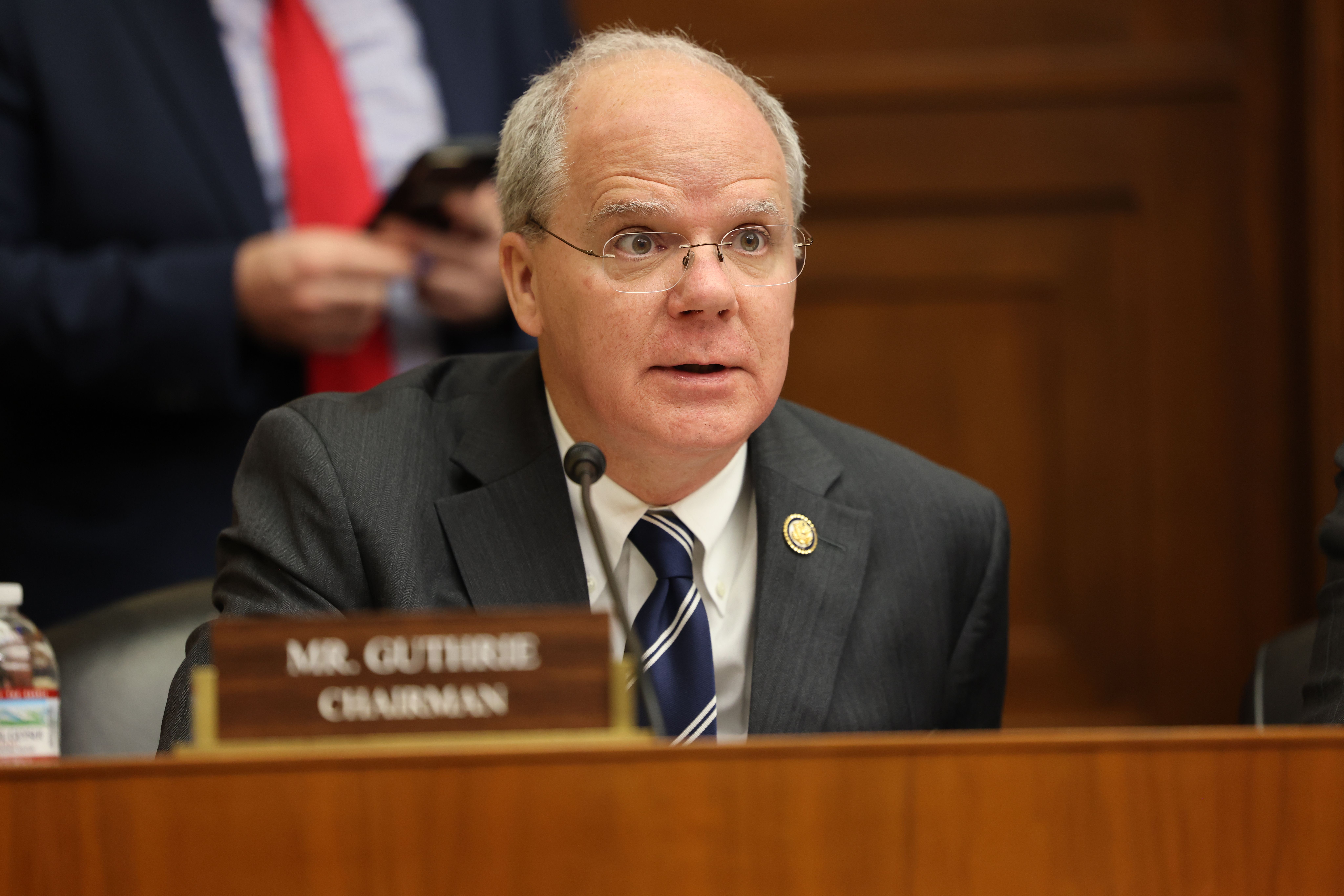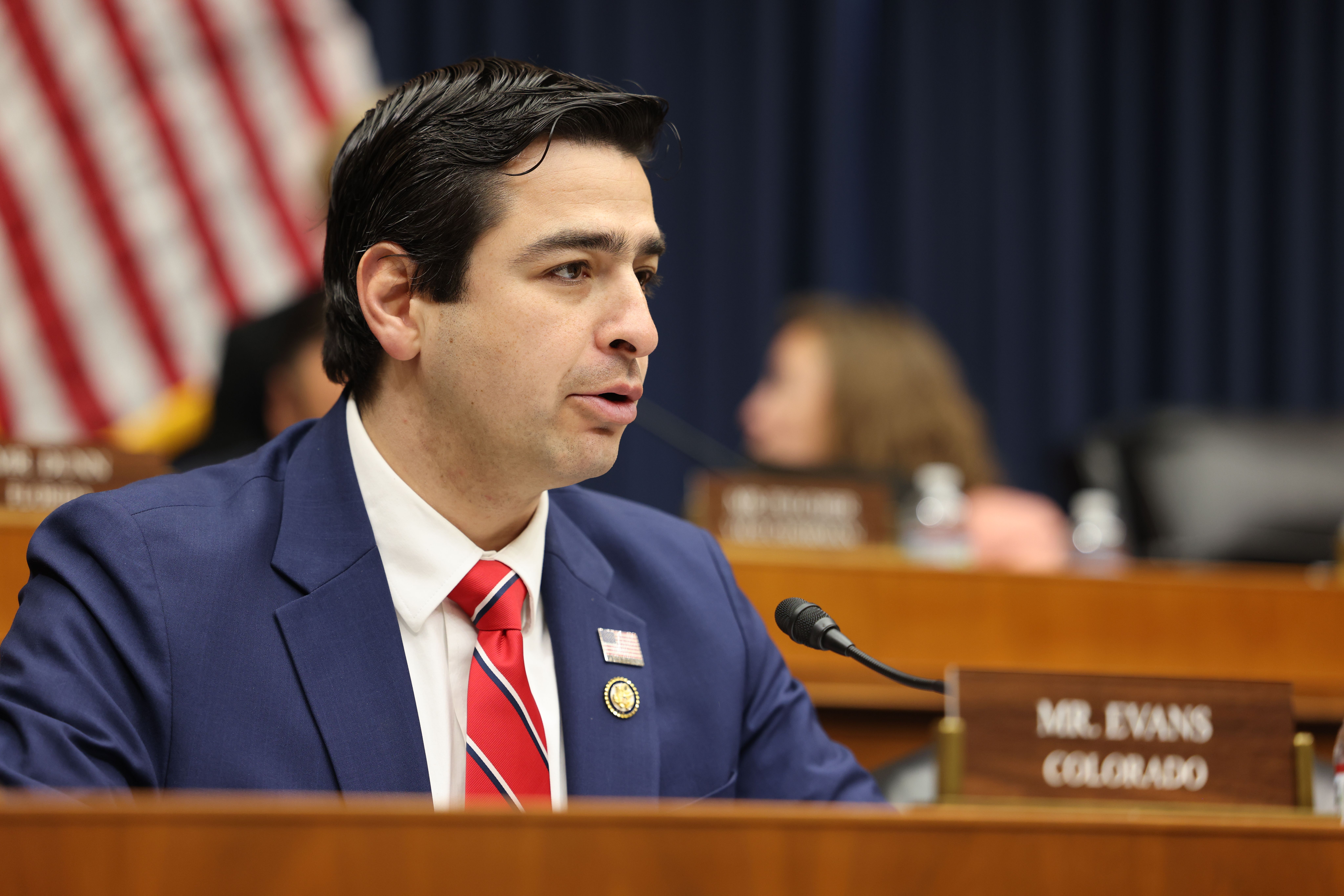Chairman Bilirakis Delivers Opening Statement at CMT Subcommittee Markup of Legislation to Strengthen Motor Vehicle Safety and Advance U.S. Automotive Leadership
WASHINGTON, D.C. – Congressman Gus Bilirakis (FL-12), Chairman of the Subcommittee on Commerce, Manufacturing, and Trade, delivered the following opening statement at today’s markup of twelve bills to strengthen automotive safety, affordability, and leadership.
Subcommittee Chairman Bilirakis’s opening statement as prepared for delivery:
“Today we will be advancing legislation aimed at modernizing and ensuring motor vehicle safety, promoting innovation, and ensuring affordability.
“The Members of this subcommittee understand better than anyone that there is no partisan way to save lives. In 2024, nearly 40,000 people died on our roadways. That number is staggering—but what matters most is what it represents: families forever changed, milestones never reached, and seats left empty around kitchen tables. That reality should drive our work here today.
“Meeting this moment requires practical solutions to strengthen motor vehicle safety and empower NHTSA to succeed in its mission. I would like to highlight three solutions to bolster motor vehicle safety.
“First, we must address the growing risks that electric vehicle battery fires present to vehicle occupants, firefighters, and the public at large. These fires have led to serious fatalities and created dangerous conditions for firefighters, made worse by inconsistent vehicle designs and a lack of standardized response protocols. This is an area where Congress can and must bring together first responders, safety experts, NHTSA, and industry to develop real solutions.
“This issue has had tragic consequences, and I want to again thank Florida State Rep. Meg Weinberger for her leadership in bringing attention to this problem and working with me on potential solutions. I’m grateful to the Chairman for partnering with me to include a new provision in the Motor Vehicle Modernization Act that strengthens fire rescue capabilities and improves safety for first responders on the front line.
“Second, we are considering the SELF-DRIVE Act, which establishes a federal framework for the safe deployment of autonomous vehicles. I want to commend Mr. Latta for his years of dedication to this issue.
“Autonomous vehicles hold enormous potential, not just as a technological advancement, but as a tool to save lives. By reducing human error, which is responsible for most crashes, AVs can prevent accidents before they happen. They also offer new mobility and independence for seniors and people with disabilities.
“Finally, accessibility must remain central to our approach to mobility. Today, millions of wheelchair users rely on outdated and non-standardized securement systems that are often unreliable. This has led to preventable injuries, restricted travel, and unnecessary dependence on caregivers.
“The Motor Vehicle Modernization Act takes an important step forward by directing NHTSA to prioritize research into automated wheelchair securing systems. I thank the Chairman for recognizing the importance of this issue and including this impactful provision.
“I am confident that, working together, we can advance legislation that prioritizes safety, accessibility, and American automotive leadership. I look forward to our discussion today on how we can achieve these goals by moving these bills to the next stage of the legislative process.”



